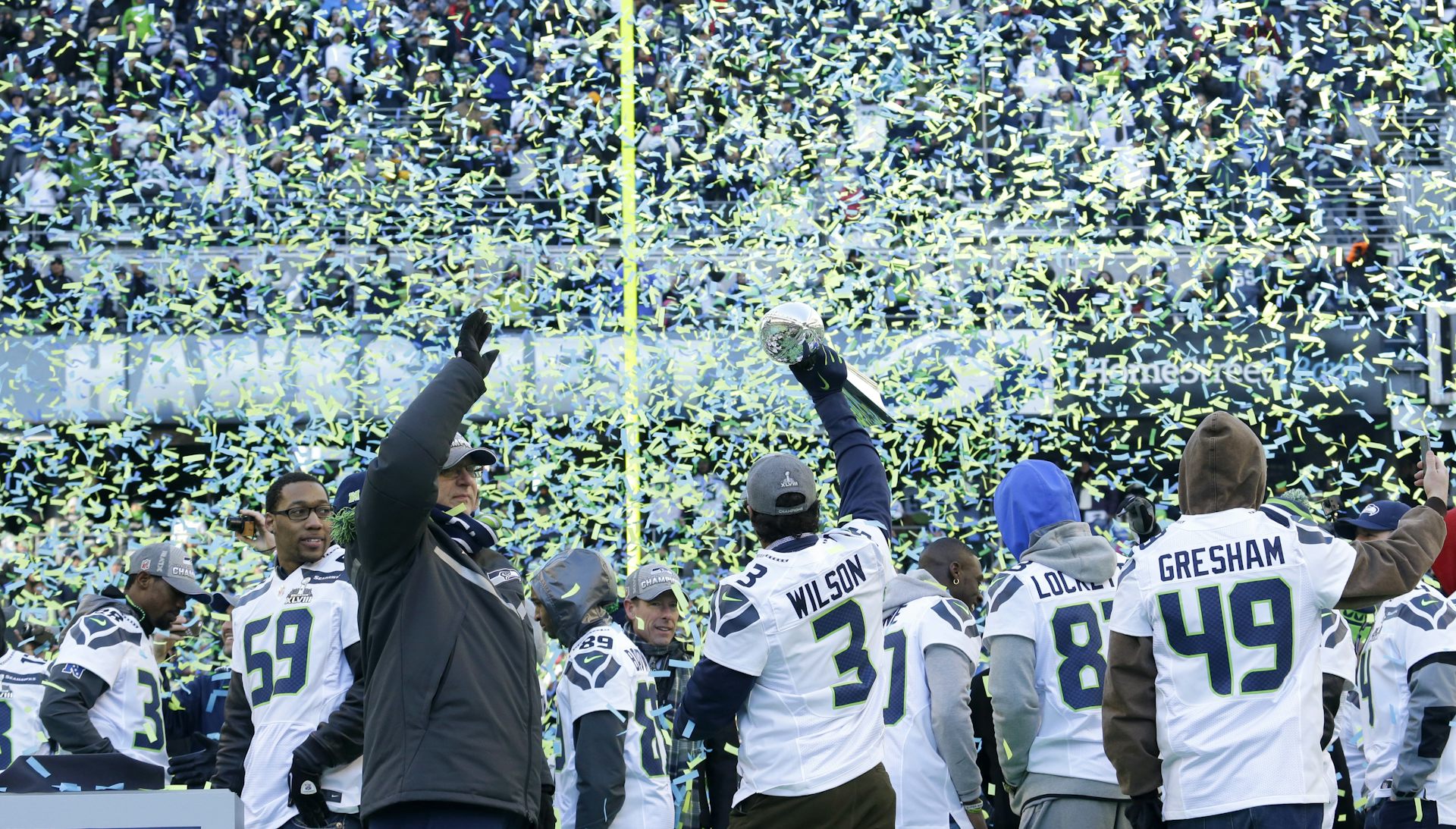Brazil in political crisis over jailed president: 4 essential reads
How did Brazil's wildly popular former president Lula become its most famous convict? Here's what you need to know.
Former Brazilian president Luiz Inácio Lula da Silva is in jail. His imprisonment follows a dramatic standoff that had Brazil teetering on the edge of violence for almost 24 hours after the leftist leader refused to surrender himself to police.
Lula da Silva, who goes by “Lula,” was the wildly popular president of this South American country from 2003 to 2011. The son of poor farmworkers, Lula rose to prominence as an opponent of Brazil’s military dictatorship and a union leader.
While in office, Lula helped dramatically reduce poverty in this country of 200 million. He built Brazil into a global economic powerhouse and left office with an 80 percent approval rate. He planned to run for president again in 2018.
Now the leftist leader is serving a 12-year jail sentence for corruption.
What happened?
1. Operation Car Wash
Lula’s saga has its roots in 2014, with the launch of a massive bribery investigation in Brazil.
“Operation Car Wash” began as a judicial inquiry into the misuse of funds within Brazil’s state oil company, Petrobras.
Federal judge Sergio Moro exposed a “complicated scheme in which construction companies allegedly bribed Petrobras executives in return for contracts,” writes Anthony Pereira of King’s College London. “These contracts were said to have been inflated in order for kickbacks to go to politicians and political parties.”
Evidence showed that Petrobras’ bribery scheme predated Lula’s rule. But by 2015, his Workers’ Party was a clear focus of the investigation.
Pereira says that many in Brazil’s political opposition believed that corruption within the Workers’ Party was somehow worse than that of other parties.
“Rather than being motivated solely by greed,” Pereira notes, opponents argued that Workers’ Party corruption was an insidious “strategy to perpetuate [its] power.”
2. Rousseff is impeached
Dilma Rousseff, Lula’s successor as president of Brazil, was not implicated in Operation Car Wash. But Lula’s administration was under intense scrutiny.
At the same time, Brazil was undergoing a severe economic crisis, says Laura Carvalho, a political science professor at the University of São Paulo.
Its economy shrunk nearly 4 percent in 2015. Unemployment rose from 8.8 million to 12 million in one year.
These swirling scandals inflated a generalized distrust of Brazil’s political system, severely weakening the Workers’ Party. President Rousseff’s approval ratings dropped into the single digits.
“The door was then open for her ouster,” Carvalho says.
In August 2016, Rousseff was removed from office for what amounted to bad budgeting. Mass protests emerged across Brazil, both for and against the impeached president, who was replaced by her conservative vice president, Michel Temer.
Lula was arrested the following month on charges of corruption.
3. Lula’s conviction
In July 2017, Lula was convicted of accepting a bribe – a penthouse apartment – in exchange for unspecified political favors. The verdict carried a jail sentence of nearly 10 years.
Brazil again erupted into chaos, writes University of Florida professor emeritus Terry L. McCoy, who has studied Brazil for four decades.
More than 200 lawmakers, cabinet officials and businessmen from across the political spectrum have been convicted of corruption in Operation Car Wash, which continues today. The bribery probe exposed “the full extent to which Lula and [Workers Party] leaders engaged in politics as usual,” McCoy recalls.
But Lula proclaimed his innocence, calling the charges against him “politically motivated” – and an attempt to derail his 2018 presidential bid, McCoy says.
Lula appealed the verdict. He was permitted to remain at liberty and continue his presidential candidacy until his legal appeal process concluded.
4. A lost appeal
In January 2018, a Brazilian federal appeals court upheld the guilty ruling against Lula, sentencing him to 12 years in prison.
Brazilians again reacted to the decision along ideological lines, says constitutional law professor Rubens Glezer.
Lula’s crimes were both less clear-cut and less severe than most corruption exposed by Operation Car Wash. The left-wing Workers’ Party supporters saw the appeals court verdict as “a legal farce masquerading as justice,” Glezer says.
Conservatives, on the other hand, called his downfall a major victory against political corruption.
After Lula’s lost appeal, the big question was whether he would face jail time.
On April 4, in a marathon session that ended just after midnight, Brazil’s Supreme Court gave its answer. The 72-year-old is now serving his sentence in a federal prison in the northeastern city of Curitiba. He is still the favorite presidential candidate.
This may not be the end of Lula’s remarkable political story, but it’s a stark close to the current chapter.
Read These Next
Cuba’s speedboat shootout recalls long history of exile groups engaged in covert ops aimed at regime
From the 1960s onward, dissident Cubans in exile have sought to undermine the government in Havana −…
Drug company ads are easy to blame for misleading patients and raising costs, but research shows the
Officials and policymakers say direct-to-consumer drug advertising encourages patients to seek treatments…
How the Seattle Seahawks’ sale will score a touchdown for charity 8 years after Paul Allen’s death
Selling a sports team is much more complicated than selling assets found in a typical estate, such as…





